News
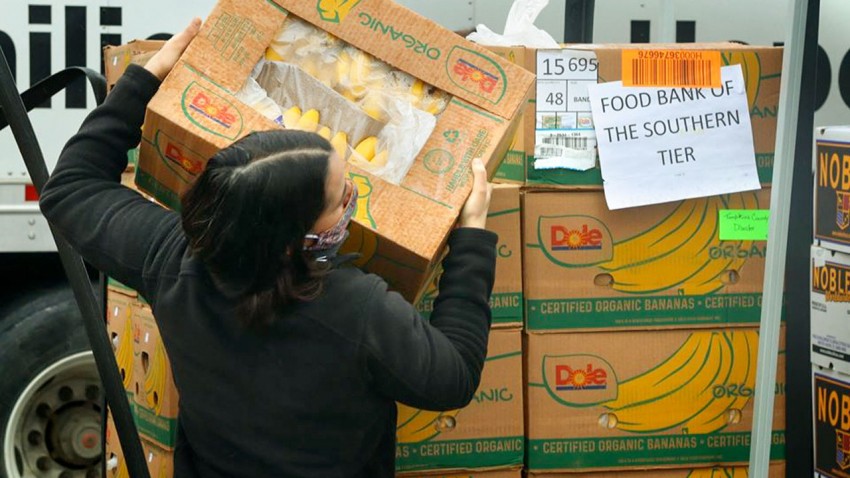
Cornell systems engineers examined data from a busy New York state food bank and, using a new algorithm, found ways to better allocate food and elevate nutrition in the process.
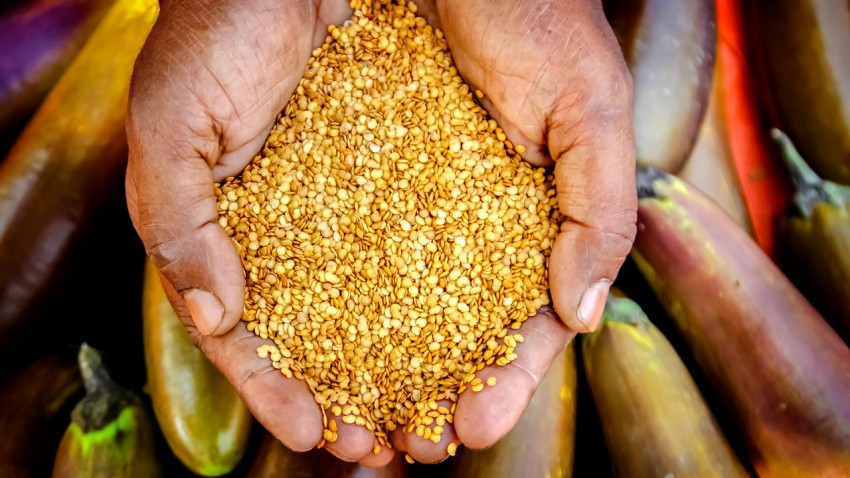
A new app co-developed by Cornell researchers is expected to streamline information-sharing, during the COVID-19 pandemic and beyond, for farmers in Bangladesh growing genetically engineered eggplant.
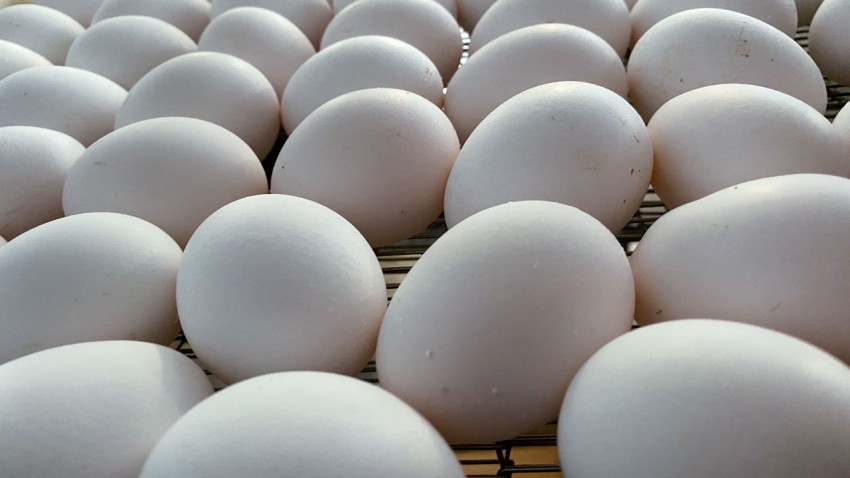
Animal science grad student Kasey Schalich is taking eggs from the Cornell poultry farm and donating them to local food banks, instead of leaving them for compost. To do so, she founded a group called Egg-Vengers.

Due to the COVID-19 pandemic, $10 billion is urgently needed to prevent millions more people becoming food insecure, according to a new report by Cornell and international partners.

The Plant Science Research Network presents an action plan for its researchers to maximize their impact on pressing global issues such as human health and climate change.
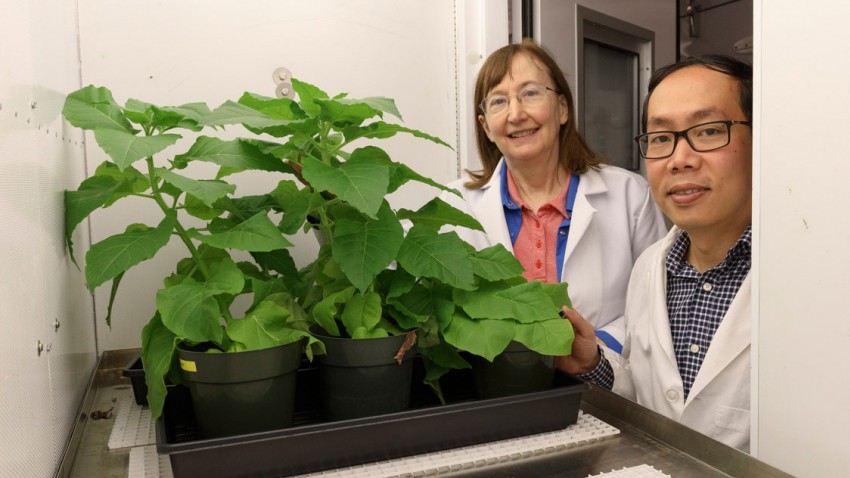
Scientists have engineered a key plant enzyme and introduced it in Escherichia coli bacteria in order to create an optimal experimental environment for studying how to speed up photosynthesis, a holy grail for improving crop yields.

The NSF has awarded a $1.5 million grant for Cornell researchers to study the health dangers, changes in the lake food web and socioeconomic challenges when these algal blooms produce toxins.

Jaron Porciello in the Department of Global Development is exploring barriers to the widespread adoption of digital agriculture tools through a grant from USAID and the Bill & Melinda Gates Foundation.
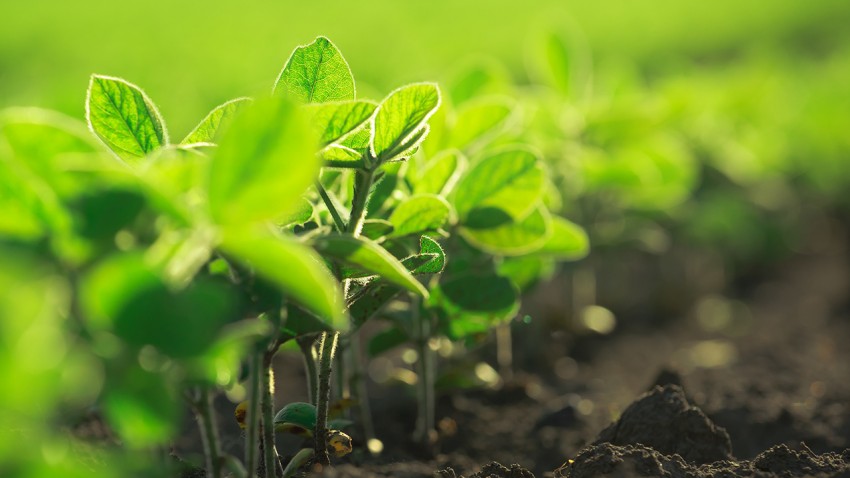
Ascribe Bioscience, a Cornell-based startup and UNY I-Corps alumni, has won a $750,000 National Science Foundation Small Business Innovation Research Phase II award.

Cornell food scientists show in animal studies that a mother’s high-fat diet may lead to more sweet-taste receptors in taste buds resulting in poor feeding behavior, obesity in adulthood.


